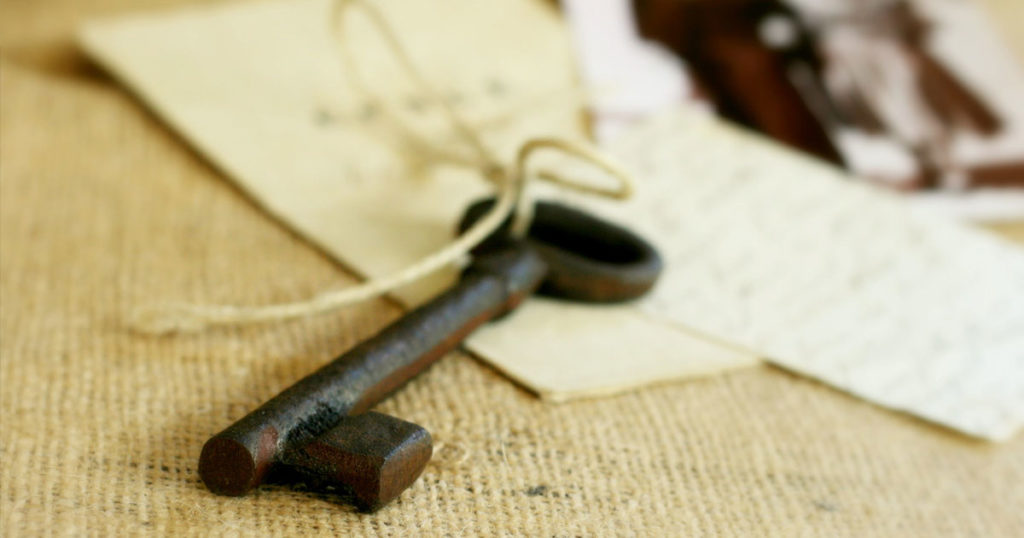
In Spain, accepting an inheritance means accepting the debt burden as well as the assets. Say, for example, that your widowed father lived in a wreck of an apartment in a rundown neighborhood and owed 15,000 euros at the time of his death. In such a case, you’d do well to decline the inheritance. It would then pass on to your inheritors—your children. They too can refuse, and so it would pass on to their children. When the last in line refuses the inheritance, the family has successfully avoided the debt. Suppose, however, that your inheritor—your daughter—has a daughter who is four. Not being of age, the little girl cannot refuse the inheritance, and neither can her mother on her behalf because one cannot refuse an inheritance for a minor. Thus her mother’s refusal for herself amounts to holding the inheritance in abeyance for her daughter. Meanwhile, the estate must be settled, meaning debts paid and ownership clarified. Refusing the inheritance is not liberation but only complication. You might as well save everyone a headache and accept the inheritance, debt and all.
Why is the law written this way? Because a person is not so much the owner of family wealth but the custodian, with a moral and legal obligation to conserve it and pass it on. Should you rehabilitate your widowed father’s apartment and rent it to tourists, it could produce income over the years, and should you instead lock it up and forget it, why, by the time your granddaughter comes into her inheritance, the small, decrepit apartment not far from the center of Jerez de la Frontera, in Andalucía, might be worth something, should she choose to sell. Maybe your granddaughter, middle-aged by then, digging around in her great-grandfather’s refuse, disregarded for 50 years, will find a veritable treasure. A vintage can opener, a glass syringe, a wind-up watch, and a stash of old letters, wedding announcements, bills of sale, and family photos from the previous century—such discoveries might make of the old apartment a priceless archeological site. Good thing you waited instead of hauling everything to the dump. Those old facts and old stories—she might be as excited about finding evidence for them as she would be at finding a valuable paperweight or a sword from the Cuban war.
That four-year-old is a friend’s granddaughter. She has no notion yet of debt or inheritance. She does, however, have a burgeoning but limited notion of fair play. Taking turns, which for her means me first then you, is a concept she accepts, but not sharing if it means she doesn’t get a first go. She has also learned about attention, as she demonstrated when she came visiting at my house with her grandfather one afternoon. “You have to look at me the whole time,” she instructed her audience of adults. Her grandfather was already inclined to, but we other three, my mother, my son, and I, were a harder sell.
She is a winsome little girl, vivacious and pretty, but the more she commanded, the more doubts she awakened in us. Some spoiled children turn into fine adults, and the Spanish say of someone who is bragging that he must not have a grandparent. But still. Who, we wondered, was going to curb this child’s self-regard? Who would rein her in? The sooner she learns, the more time the rest of us have to enjoy the new, modest, obedient child. It’s not my job to teach this child good manners, but it might be my duty to discourage her bad ones. So let the work begin. The sooner you start, the sooner you finish. Or so any number of counselors from my past would urge, along with the writers of many aphorisms: “Don’t leave until tomorrow what you can do today” and “There is no time like the present.” “Make hay while the sun shines.” “Seize the moment.”
“Life is short,” wrote Marcus Aurelius in his Meditations. “That’s all there is to say. Get what you can from the present.” That four-year-old, for example, who is the future of the family. Accept the inheritance or refuse it, but quit worrying about it, about how unfair the law is or which action gives the greatest return, and turn your attention back to the child. “I’m waiting,” she says a little testily. She is indeed, with her arms crossed and a frown on her face, hip thrust out to the side and foot tapping. Where did she pick that gesture up and from whom those words? What’s her game? Quit worrying about her too, whether she’s healthily self-aware or unnaturally self-concerned. She’s only four. Pay attention. The moment is passing.

